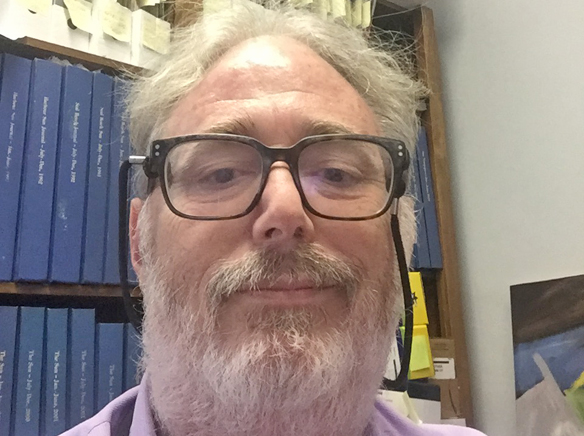A Rossmoor resident recently reminded me that May is Mental Illness Awareness month.
My mother was diagnosed a schizophrenic in 1966. (I was 5.) I’m not sure that diagnosis was accurate, since no treatment seemed to help for more than a few months, but I am sure she was mentally ill.
For one thing, she phoned me 365 days a year to tell me that she worshiped the ground I walked on. She never called at the same time of day. On one occasion, I answered the phone one second ring. “What took you so long?” she asked.
(Three therapists later, I can laugh about most of it.)
One day when I was in my teens, she phoned me from a mental hospital. She said she was lonely and had no one else to talk to. I asked her why she didn’t make friends with one of the other patients.
“I don’t want to talk to those people,” she said. “They’re crazy.”
It sounded absurd, but years later a therapist told me that was a common attitude.
Several years ago, a friend told me to stop telling people my mother was a schizophrenic. He said people would think less of me.
Those words were factually accurate.
There may be people who will think less of me because my mother had a life-long fight with mental illness.
They also might think less of me because I battled clinical depression and suicidal thoughts when I was a teenager. (I didn’t tell my mother about it. I eventually sought help from my father, a slightly traumatized World War II vet. He got me a shrink. I eventually recovered.) I’m convinced my mother’s attitude toward persons with mental illness undermined her treatment.
I can’t go back in time and change my mother’s treatment or question a diagnosis no one in the family thought to question.
But I can refuse to cooperate with someone’s contempt for another person’s troubles. The stupid stigma won’t die as long as families and patients cower before foolishness.
So if some of you want to think less of mentally ill individuals or their families, well, I have no power to change your mind.
But don’t expect me or mine to hide in the shadows for the convenience of your bigotry.
I can, however, offer this advice:
• If you or a loved one have been diagnosed with a mental illness, contact the National Alliance on Mental Illness at www.nami.org.
• Don’t try to go it alone. An illness can be more powerful than a family. And you may need help dealing with the healthcare industry. One hospital refused to tell me if my mother was there, citing her right to privacy.
• If treatment isn’t working, consider getting a second (or even third) diagnosis. Some afflictions may be mistaken for others.
• If you’re thinking about killing yourself, call for help immediately. You can’t treat your own illness. The National Suicide Prevention Lifeline is 1-800-273-8255.
• Try to ignore people who think less of you for needing help or seeking it.
And to those of you who think less of the mentally ill—I hope you never suffer from the affliction that makes you look down upon others.
Charles M. Kelly is associate editor of the Sun Newspapers.





